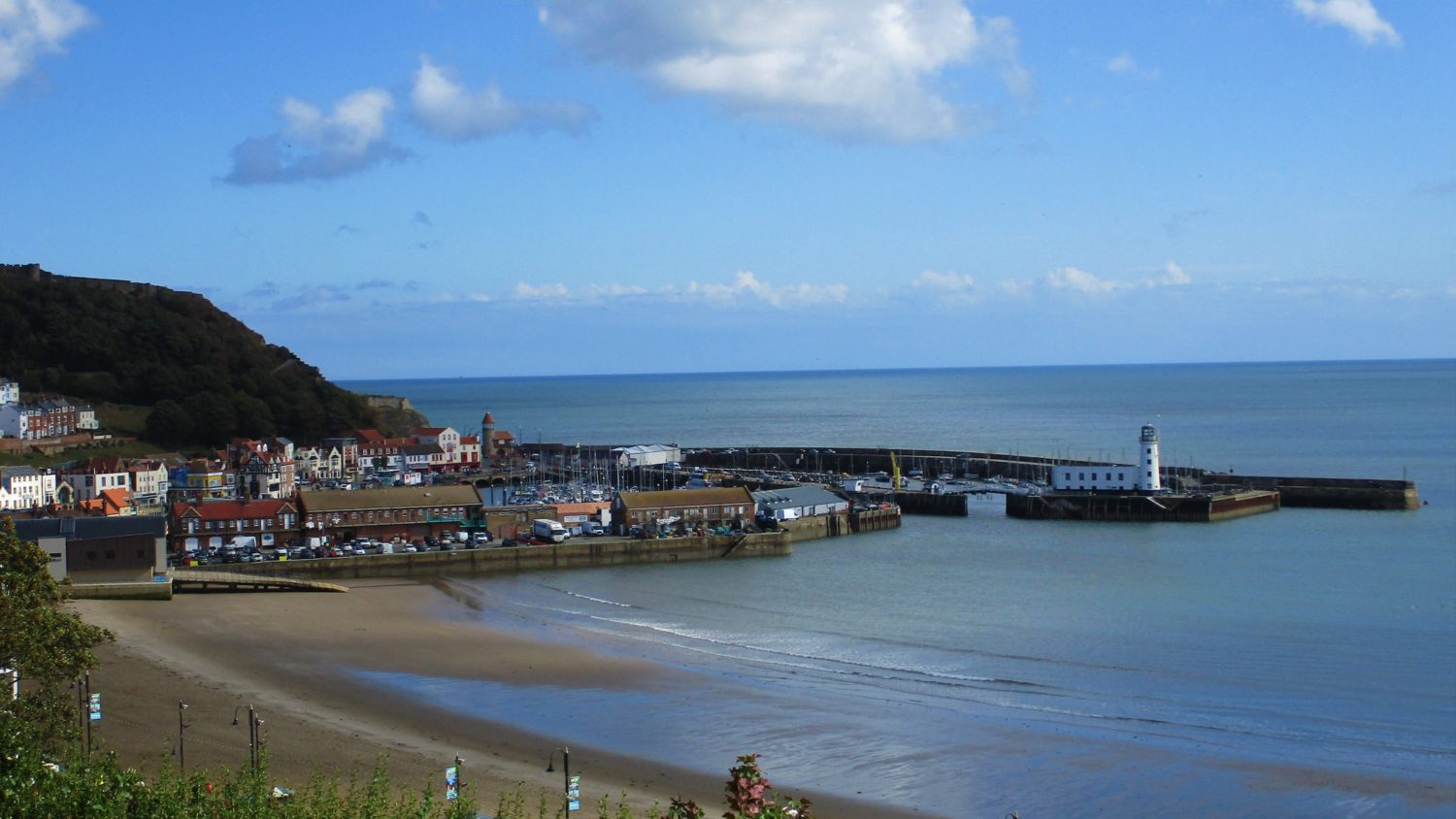Labour ‘red wave’ set to crash over Tory-dominated ‘sea wall’ of coastal constituencies
Labour lead Tories by 6 points in ‘sea wall’ coastal town constituencies
New Fabian Society and YouGov survey shows Labour overtaking the Conservatives in the 108 coastal town constituencies.
In the first ever analysis of ‘sea wall’ coastal town constituencies in England and Wales, polling shows Labour ahead by 6 points, overturning a 22-point Tory lead at the 2019 general election.
In 2019, 51 per cent of voters in these seats supported the Conservatives, with just 29 per cent voting Labour. But if there was a general election today, Labour would lead by 38 per cent to 32 per cent. This is lower than Labour’s lead across Great Britain, but it is the equivalent of a 14 point swing from Conservative to Labour.
The Conservative brand is now ‘underwater’ in these seats: 55 per cent thought that Conservatives did not understand people in their local area with only 23 per cent who think they do. And 52 per cent believe they don’t share their values, compared to only 28 per cent who do.
In 2019, just 24 of these seats elected Labour MPs. This included Hartlepool which later voted Conservative in a by-election. Fabian Society research, as part of the ongoing Winning 150 series, shows that Labour must retain the 23 seats they currently hold, win back Hartlepool and add a further thirty of these coastal town seats.
Labour is even further ahead in the ‘sea wall’ seats which it currently holds, or are likely target seats at the next election. In these 54 seats, Labour has a 22-percentage point lead over the Conservatives (48 per cent to 26 per cent). This is equivalent to a 16-point swing compared to the last election.
Labour still has to work hard to actually win these seats at the next election. More respondents believe the party does not understand people in their local areas (39 per cent) than say it does (35 per cent) with 25 per cent saying they don’t know. And again, more voters say that Labour does not share their values than does (43 per cent to 35 per cent) with 22 per cent saying they don’t know.
The demographics of sea wall constituencies pose a significant political challenge to Labour. Overall, they have a larger proportion of voters over 55, homeowners, and non-graduates. These voters have moved away from Labour in recent elections.
But Labour is also less popular in coastal town constituencies among groups that generally favour the party. For example, polling shows Labour on 52 per cent of the vote among under-55sin the ‘Sea Wall’, compared to 59 per cent in urban Britain, a seven-point gap.
Fabian Society Senior Researcher, Ben Cooper said:
“The tide has turned in the Tory-dominated ‘sea wall’. A majority of voters in coastal towns believe the Conservative Party does not understand people in their local area nor share their values.
“Labour is now on the path towards a broad national mandate at the next election. Coastal towns are often overlooked, but they will be a key part of Labour’s election-winning coalition.
“While Labour will be buoyed by a 6-point lead, it isn’t all plain sailing. Labour still has to work hard, to secure the votes of key coastal towns at the next election. Labour needs a unifying, ‘one nation’ platform and must address specific concerns in coastal towns. The good news is, it can do that without losing ground in other marginal seats across the country.”
– Ends –
Notes
- Contact: Emma Burnell, Media Consultant, Fabian Society emma.burnell@fabians.org.uk or 07851 941111.
- The full report can be found at https://fabians.org.uk/publication/breaching-the-sea-wall/
- The report is published by the Fabian Society and edited by Kate Murray. The Fabian Society commissioned YouGov Plc to survey 3,333 adults across Great Britain. The survey was carried out online. Fieldwork was undertaken between 21st and 23rd November 2022. The figures have been weighted and are representative of all GB adults (aged 18+). In the weighted sample, 631 respondents were from coastal constituencies and 284 from coastal Labour and target seats. Data on voting intention have been rebased to exclude those saying don’t know and wouldn’t vote. The full results of the polling can be found at this link.
- The ‘sea wal’l is a group of constituencies which have one – or part of one – of the coastal towns in England and Wales identified by the Office for National Statistics. This does not include constituencies covering coastal cities such as Liverpool or Hull, but some constituencies representing these places have been included because they also cover coastal towns (such as Hull West and Hessle). Unlike other seat groupings, such as the ‘Red Wall’ and ‘Blue Wall’, the definition is based purely by on geography, not by their politics or demographics. The full list of the 108 coastal town seats can be found in the full report.
- The Fabian Society is Britain’s oldest political think tank. Founded in 1884, the society is at the forefront of developing political ideas and public policy on the left. The society is alone among think tanks in being a democratically-constituted membership organisation, with over 7,000 members. It is constitutionally affiliated to the Labour party.
- The report is part of the Fabian Society’s ongoing Winning 150 series.
Photo: Linda L Jackson/Unsplash
